
Why diets don't work
Of how many diets have you heard? Zillions, of course. How many of them actually worked? Much less. And how many people that have gone on a diet actually kept their hard earned, close - to - ideal weight? Almost nobody. Well, diets don't work and that is a fact. Of course, if you are staying true to your restricted consumption regimen, you will loose weight at a certain rate an become slimmer. But what happens after the diet? The weight just leaps back on you. So, where is the fundamental error in the diet principle?
Through all but the last few decades in the millions of years of its existence, a vast majority of human population did not know when will it eat again, and how good that next meal is going to be. Even today, that question presses so many. Yet, we managed to survive through millions of years of malnutrition. How come? Simply. Our bodies have become optimized to store as much energy for later use as possible. Primary immediately available fuel for our body is glycogen, a complex sugar that is readily broken into glucose, which is used in our cells as a fuel. If there is excess glycogen available, it gets converted into fat, because it can be stored in that form in greater quantity. In that way, you do not just consume your last lunch, but store most of it for later within you.
This was a neat trick in times when days without food were commonplace. Our bodies went so far that they will even lower the rate of our basal metabolism if we are hungry. Let's try to explain. Imagine that our body is a car engine that is perpetually on. It idles on, say, 800 RPM, and consumes some fuel when idling. Somehow, the engine figures that there are no gas stations around. What it does is that it immediately lowers the idle RPMs to, say, 500 to spare even more fuel, and limits the throttle so you can't push the engine over 2000 rpm. By all means, this will spare fuel.
That is what our bodies do. They spend less energy if we eat less, in order to store as much energy as possible when it is available again. This goes so far that fat is the last thing to be used as an energy resource (even the proteins in our muscles are used before fat). And every time when there is a food shortage, the body will re-wire itself to spend even less and store even more. This is the yo-yo effect of the diet. You gain what you've lost and then some more.
What can be done, then?
Remember that diet should not be a period of fasting, but a lifelong adaptation of your menu. It is enough to consume no more than what you need and to maintain a certain level of physical activity. Of course, you should stay as far away from sugar- and fat- rich foods as possible, but there is more than enough alternatives, and these are usually better and tastier than those you have to leave behind.




_f_280x120.jpg)
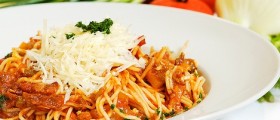

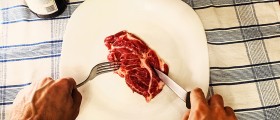
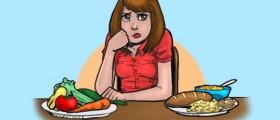
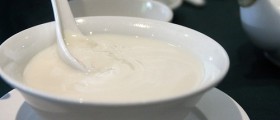

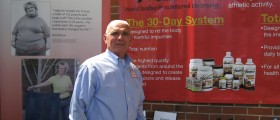
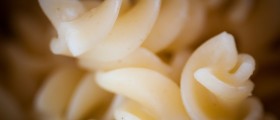

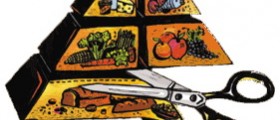
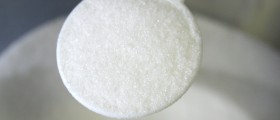

Your thoughts on this
Loading...